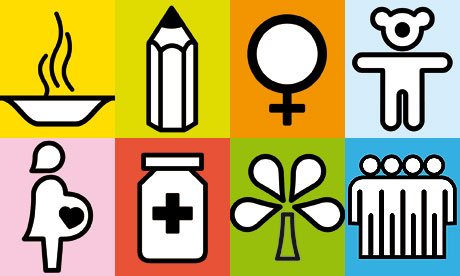The Millennium Development Goals (MDGs) – the UN Poverty Targets – are just a few years away from judgment day – 2015 – so it’s a pretty good time to ask how are they doing – especially as people start to think about a new generation of MDGs or MDGs 2.0. In fact how the world fares on the current MDGs may well determine if there is even a second set.
A new report out this week from Ben Leo and Ross Thuotte using the latest available data (see interactive maps here and data excel here and paper here and country-by-country graphs here) outlines where countries are. The key findings this year are:
– Overall, low-income countries’ progress toward the highly ambitious MDGs improved modestly this year while middle-income countries’ performance declined slightly because of a deterioration in the Middle East and North Africa.
– Low-income countries improved this year, on average, on four core MDG target indicators: extreme poverty, hunger, HIV/AIDs, and water. Performance declined modestly for three core MDG indicators: education, gender equality, and child mortality.
– Among low-income countries, Sri Lanka, Bangladesh, and Niger produced the most dramatic improvements this year. For middle-income countries, Mexico and Uruguay exhibited the most dramatic improvements. Honduras and Ecuador remain tied for the best performing countries. Others in the top 10 achievers include – not surprisingly – Brazil, China, and Vietnam and surprisingly (perhaps?) are – Cambodia, Egypt (erm… and Tunisia did well last year on the MDGs), El Salvador and Sri Lanka.
However, the authors note that:
– Widespread data revisions or retractions affected a number of countries’ MDG Progress Index scores, particularly in relation to the education indicator. This effect highlights the practical limitations of attempting to track annual MDG progress and the sensitivity of performance trends to often poor, non-static data sources.
Erm… oh dear – just a few years away from judgment day (2015) and the data is subject to ‘widespread revisions’ ? eg 31 of 67 countries with data revised their data for the education MDG.
And about a quarter of countries countries don’t have a baseline to judge if specific MDGs are met.
As debates on MDGs 2.0 begin what are the implications of the above? Maybe chose targets for data that exists at the outset (ie the baseline) so one can judge if the targets are met?
All of this is a bit worrying of course because data matters not only to wonky geeks – but how can one judge any kind of results without a full set of data? (and one that isn’t subject to substantial revisions year-to-year…).




